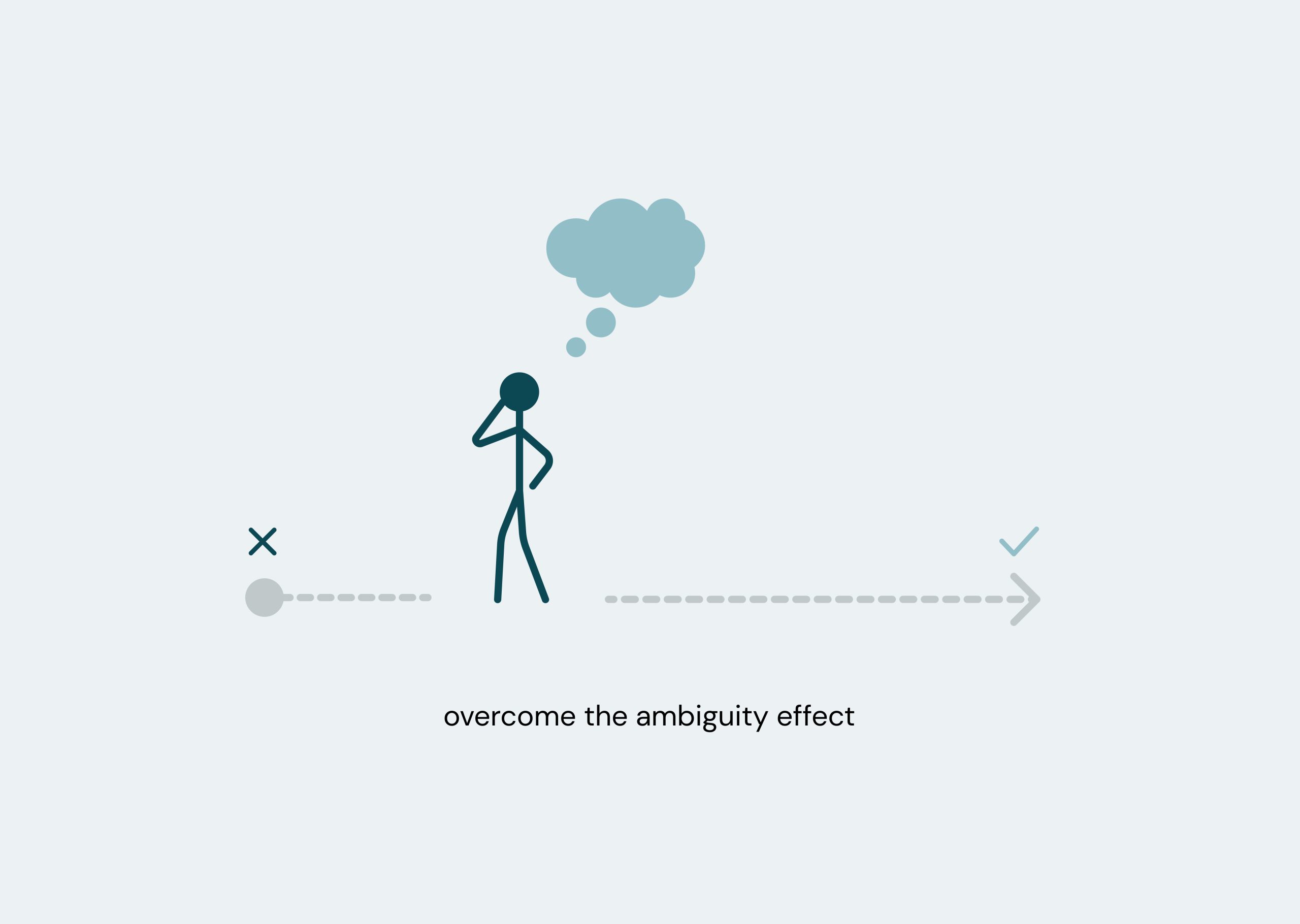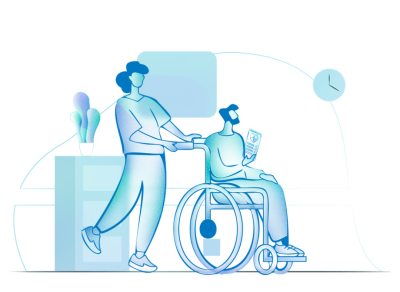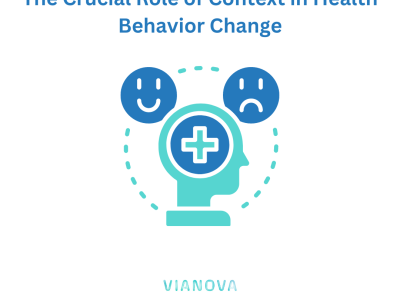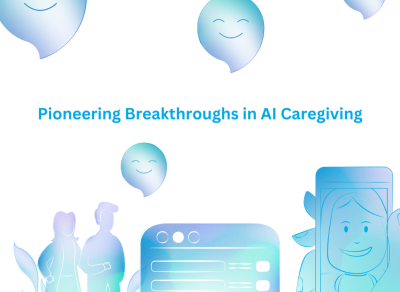
Breaking Free from the Familiar: The Ambiguity Effect and Making Bold Choices for Your Health
We all want to make healthy choices, but sometimes, the missing information about the outcome of a particular choice can make it seem unpredictable. This uncertainty can lead us to avoid making decisions altogether or choose options that are less healthy for us. This phenomenon is known as the ambiguity effect, and it can have a significant impact on our health and well-being.
Let’s consider an example: You are at a restaurant and trying to decide what to order. You have two choices:
Choice A: A burger with fries and a soda.
Choice B: A salad with grilled chicken, veggies, and water.
Which option would you choose? Many people might choose Choice A because it’s familiar and seems more satisfying, while Choice B seems less predictable and less appealing.
However, the ambiguity effect can cause us to make choices that are not in our best interest. Choosing the burger might satisfy our immediate craving, but it can have negative long-term consequences for our health, such as weight gain, increased risk of chronic diseases, and decreased energy levels. On the other hand, choosing the salad might not be as satisfying at the moment, but it can have positive long-term benefits for our health, such as weight management, increased nutrient intake, and improved mood.
The ambiguity effect can also impact our choices when it comes to exercise. For example, you might be presented with two choices:
Choice A: Watch TV on the couch.
Choice B: Go for a 30-minute walk outside.
Again, many people might choose Choice A because it’s familiar and requires less effort, while Choice B seems less predictable and more tiring.
However, the ambiguity effect can cause us to miss out on the health benefits of exercise. Regular physical activity can reduce the risk of chronic diseases, improve mood, and increase energy levels. Choosing to go for a walk might require more effort in the short term, but it can have significant long-term benefits for our health and well-being.
So how can we overcome the ambiguity effect and make healthier choices? One approach is to gather more information about the options available to us. For example, we can read the nutrition information on the restaurant menu or research the benefits of regular exercise. By increasing our knowledge, we can make more informed decisions and reduce the impact of uncertainty on our choices.
Another approach is to focus on the long-term benefits of our choices. Instead of focusing on the immediate satisfaction of a burger or the short-term effort of exercise, we can remind ourselves of the positive long-term outcomes of making healthy choices, such as improved health, increased energy, and enhanced well-being.
In conclusion, the ambiguity effect can impact our health and well-being by causing us to avoid choices that seem unpredictable or unfamiliar. By gathering more information and focusing on the long-term benefits of our choices, we can overcome the ambiguity effect and make healthier decisions. Making healthy choices can have significant positive impacts on our health and well-being, and it’s worth taking the time to make informed decisions.



FEEL FREE TO DROP US A LINE.